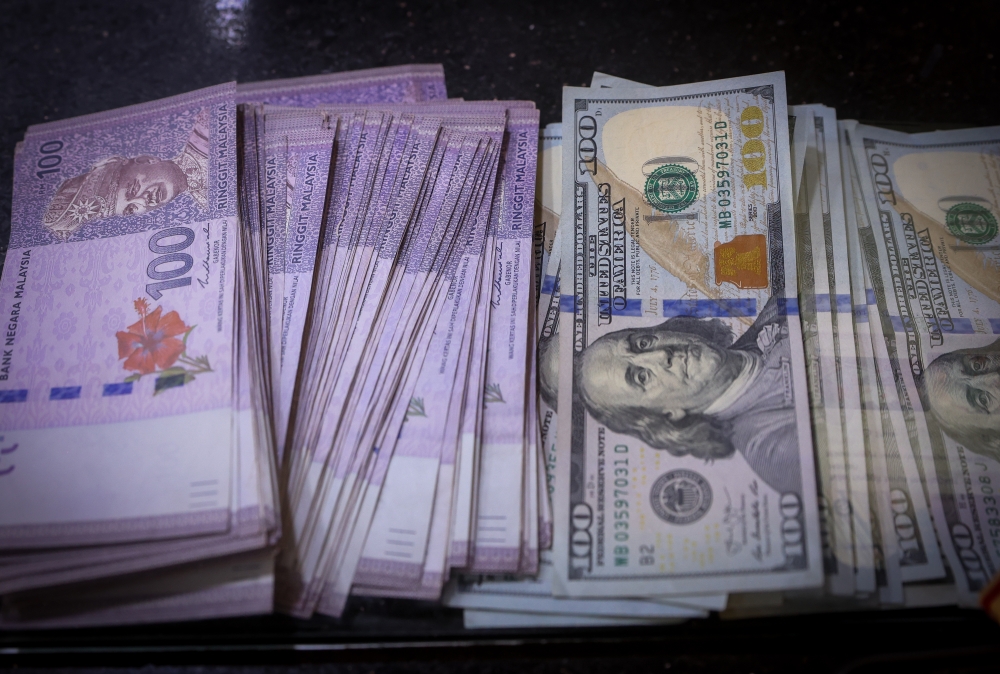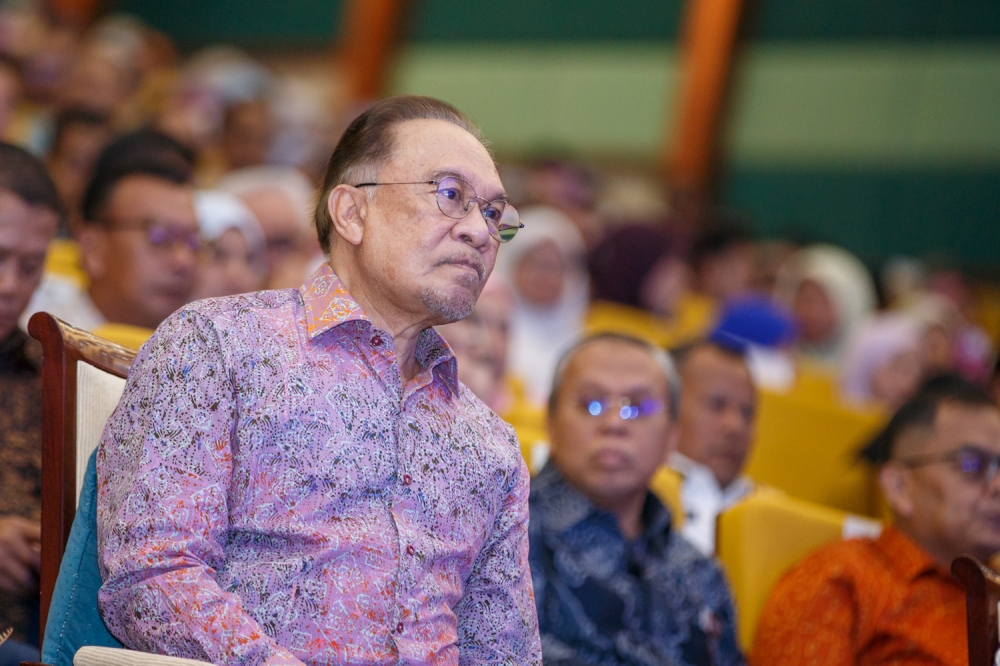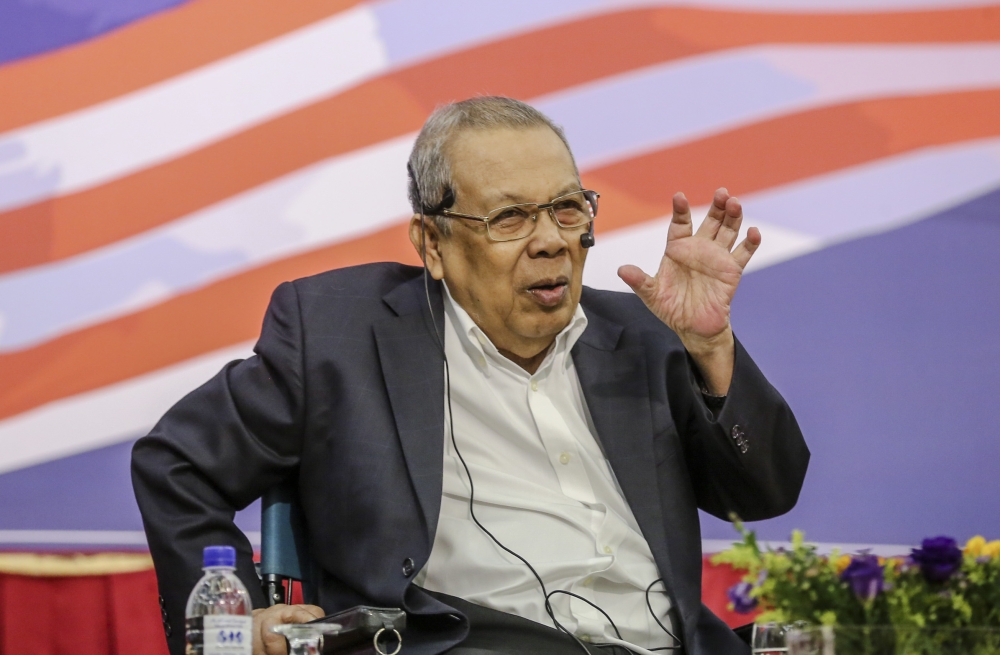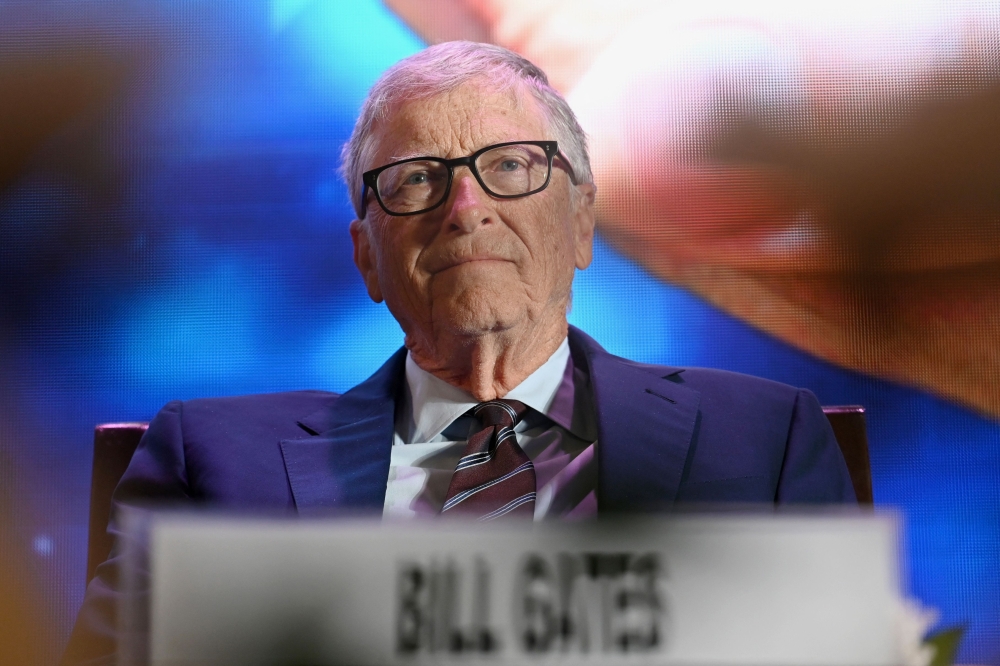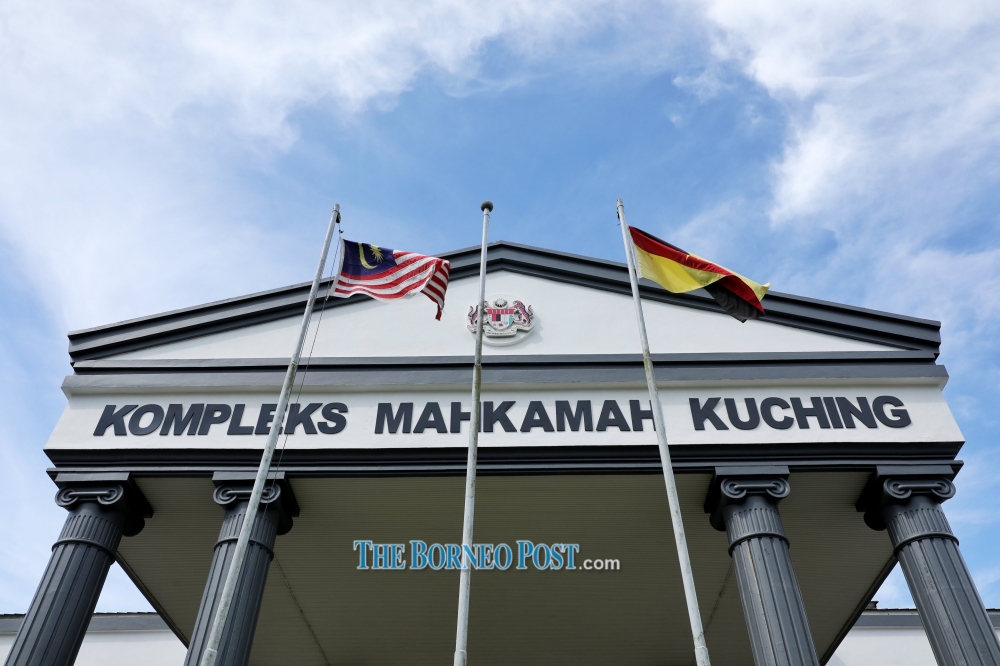KUALA LUMPUR, March 8 — Malaysia’s booksellers today pleaded for the prime minister and the Education Ministry (MoE) to stop a government body’s plans to operate a book-buying platform with a private firm, claiming that this is a monopoly imposing 20 per cent commission charges and which would end up killing off booksellers.
Mak Chee Kin, vice-president of the Malaysian Booksellers Association (MBA), said the government unit, National Book Council of Malaysia (MBKM), should not be doing business as it could result in booksellers being forced to close down.
“Our stand is very clear, Majlis Buku Kebangsaan Malaysia (MBKM), as a government entity, should not be involved in business, or become the middleman to gain profits.
“And in fact, actually their role is to help promote the book industry as a whole and to cultivate the reading habit. That is their main role. But instead of doing that, they are involving themselves into business and they are killing the booksellers,” he told Malay Mail.
Saying that this is a “very dangerous game”, Mak voiced the concern that other government agencies could also follow suit by getting involved in business and undercutting the very industries that they are supposed to oversee.
According to Mak, some members of MBA were invited by the National Book Council of Malaysia (MBKM) for a briefing on January 26, which was to introduce and to conduct a registration drive for a new platform called Bukuku.
Mak said MBKM — which is under the MoE — had apparently formed a joint venture with a start-up called Dropee to create a Business to Government (B2G) platform for the MoE to buy books.
Mak said all five book trade associations in Malaysia were, however, not consulted by MBKM or Dropee about the new platform, and confirmed that MBA only found out about the platform after some of its members were invited for the briefing.
The four other trade associations are the Malaysian Book Contractors Association, Malaysian Book Publishers Association, Malaysian Book Exporters and Importers Association, and Malaysian Bumiputera Book Publishers and Distributors Association.
Mak said the Bukuku platform is built by Dropee and owned by MBKM, and that the MoE and related departments, schools and public higher education institutions would in the future buy books through the Bukuku platform.
To sell books to the government and its related bodies, all publishers and booksellers would have to register with Bukuku and upload all book titles to the Bukuku website for MoE departments to select and purchase, he said.
He said Bukuku or MBKM would then invoice the government on the selected books, and the sellers on the Bukuku platform would have to deliver the books to the buyers and would see MBKM charging the booksellers commission rates of 20 per cent on the total price for the invoiced items. He said the Bukuku platform may in the future expand the list of items for sale to go beyond books and may cover items such as stationery.
Protest over ‘monopoly’ that may reduce book quality, won’t help encourage reading
MBA, which has more than 120 active member companies involving multiracial booksellers in all states of Malaysia, strongly objected to the setting up of the Bukuku platform by MBKM.
In pointing out what is at stake for the country’s bookselling industry, MBA highlighted that there are also more than 600 other booksellers in Malaysia which are not part of MBA.
Mak pointed out that the bookselling industry was already facing many challenges during the Covid-19 pandemic and suffering losses caused by electronic piracy of printed books and also facing the general shift of customers from books to digital content such as television, video streaming and social media.
Mak said MBA’s members depend on retail sales, orders from schools and government departments in order to sustain their business.
MBA listed 10 reasons why it was objecting to Bukuku, pointing out that there is already an existing government procurement platform called “e-perolehan” which imposes a 0.8 per cent service charge on booksellers instead of the 20 per cent commission charge by Bukuku.
MBA said booksellers are essentially traders that buy books from publishers to sell, and that the 20 per cent commission is more than what booksellers can afford.
“The platform invites book publishers to upload title listings directly in the platform alongside
booksellers like us. This creates a direct access for publishers to market buyers, bypassing the
traditional and well established route,” MBA said.
With booksellers and publishers fighting for sales on the same platform, publishers can easily afford the 20 per cent commission while booksellers may not be able to afford it, with MBA saying: “Thus killing the booksellers and book retail industry.
“Entrepreneurship will die in the book industry as we cannot sustain if the new business model
Is implemented. Many booksellers would have to close shop because a lot of us rely on government purchases to supplement normal retail income,” MBA said, claiming that after-sales service would be non-existent and would be “dead together with booksellers” once buying and selling books shift to the online platform.

“When MBKM forces an entire buyer market to purchase on a single platform, this is monopoly/cartel activity,” MBA said.
MBA claimed that MBKM has said it would urge the MoE to reissue book vouchers and force students to redeem the vouchers on the Bukuku platform, describing this proposed move as amounting to invading further into the market share of retail book business that would eventually force bookstores to close shop.
“MBKM, being a government agency should not be allowed to do business while killing existing
market players,” MBA concluded in its list of reasons to object to Bukuku.
Mak also questioned why MBKM needed to impose commission rates of 20 per cent and noting that it is not even a taxpayer, arguing that the resulting lower profit for booksellers could end up causing lower quality books to be produced or higher book prices to accommodate the commission, adding: “Either way will not boost readership in Malaysia.
“We are appealing for help from the minister of education and the honourable prime minister to intervene and stop such unhealthy plans to kill the booksellers. Such a monopoly platform should not be allowed to operate with the collusion of a government agency.
“Free market bookselling must continue to prevail for the betterment of the small-time booksellers who depend on schools for survival and to feed their family,” he said.
According to MBKM’s website, it was formed in 1968 in line with the United Nations Educational, Scientific and Cultural Organisation’s (Unesco) recommendations for a dedicated body to be set up to encourage interest in reading and to develop the country’s book industry.
Currently parked under the Education Ministry, MBKM’s website states that its vision is to develop the country’s book industry by cultivating the culture of reading among Malaysians and its mission is towards the achieving of the goal of publishing new titles amounting to 0.1 per cent of Malaysia’s population as set by Unesco.





